Daughter's Igor Haefeli talks second album Not To Disappear: "There was a point where we could have self-destructed"
MusicRadar goes in-depth with the band's guitarist and co-producer
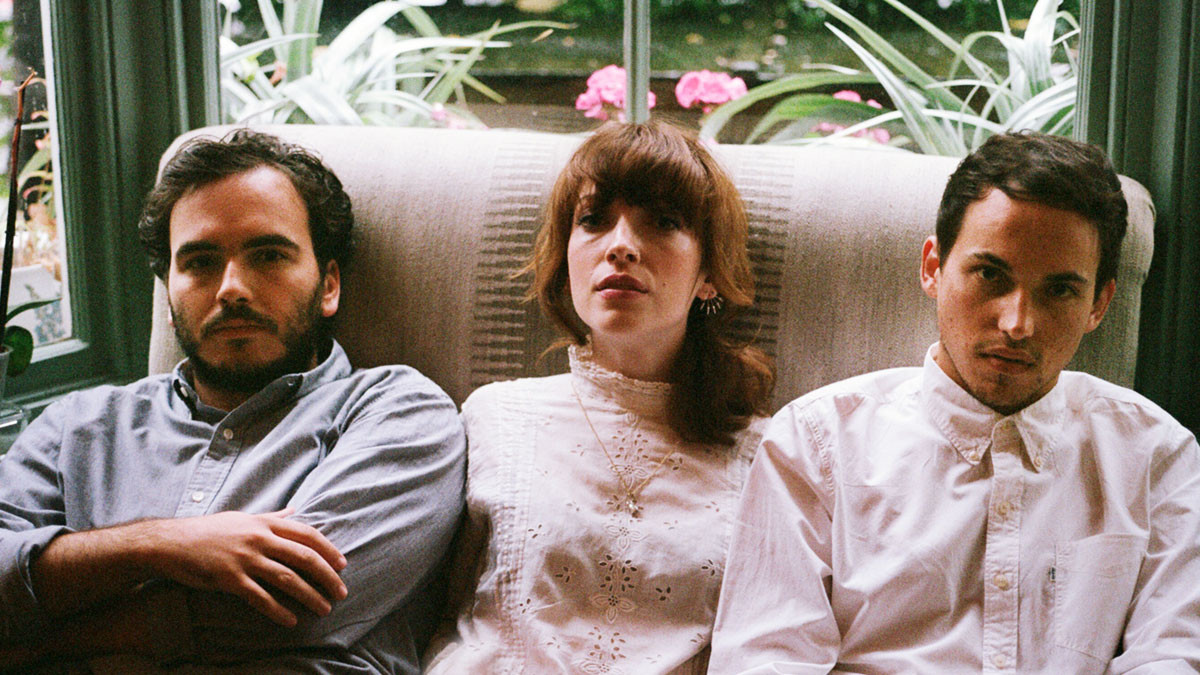
Introduction
London indie trio Daughter sound like a band reinvigorated on their second album, Not To Disappear.
The masked themes and obscuring layers of reverb of their 4AD debut, If You Leave, now sound almost muddied in comparison to this focussed and powerfully direct version of the band.
Not To Disappear has been forged after two years of a heavy touring schedule, establishing a more self-assured tone
Whereas that first album saw guitarist Igor Haefeli and drummer Remi Aguilella build a record of swirling reverbs around frontwoman Elena Tonra’s pensive bedroom-penned ballads, Not To Disappear has been forged after two years of a heavy touring schedule, establishing a more self-assured tone.
“We felt ready,” Igor tells MusicRadar. “But [before that] we all needed a bit of time away from each other for a while, to live, and to get the creative juices flowing again.”
Having also co-produced the album with Nicolas Vernhes (Deerhunter, Wye Oak, The War On Drugs) in New York, the guitarist is in a good position to judge. Here, Igor reflects on the record’s inception and imagery, valuable production lessons and how the band themselves learned not to disappear…
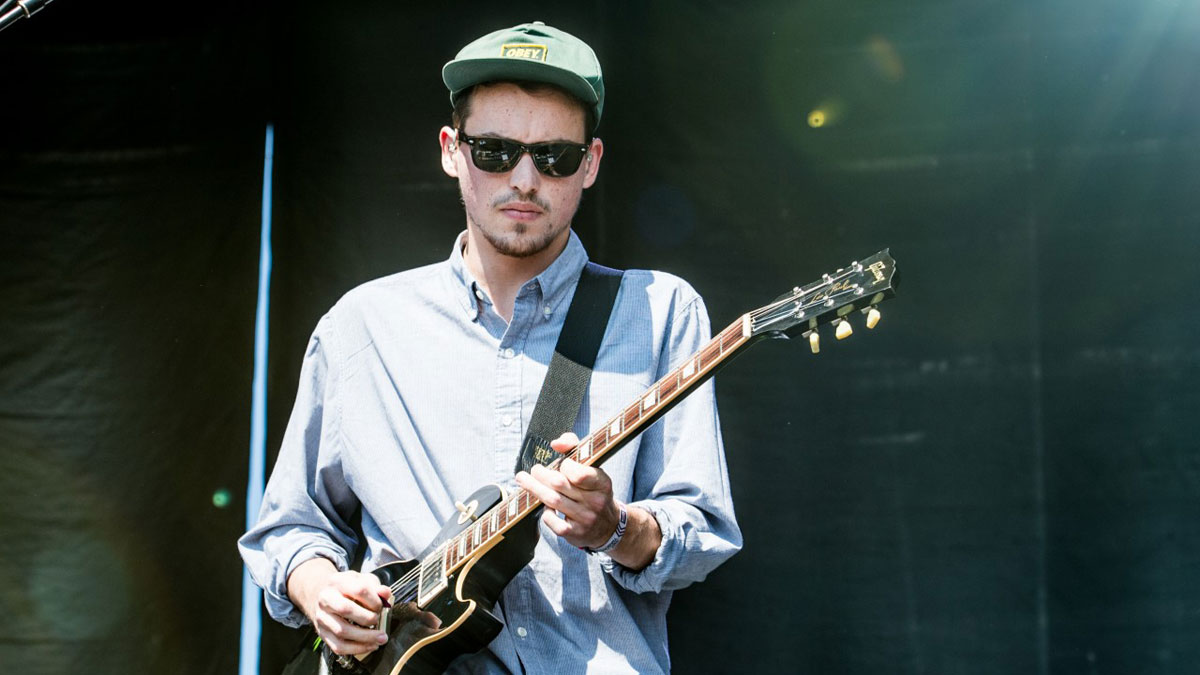
One step beyond
This album is a bold step away from If You Leave. Daughter, as a band, were not previously famed for their confidence. Where’s that come from?
“I think it was just growing up a bit. There was a will to hide behind a bit less reverb and for Elena to write in a more direct way. We also wanted to tighten things up a bit. It’s hard to explain, but in terms of dynamics, on the first record, we let ourselves be surprised a bit more in the studio.
It was very much the intention to be more confident, just because that’s what the songs were suggesting
“The way we recorded was a bit like a jigsaw, so it was pieced together in a nice way, but – dynamically speaking – maybe sometimes there was a sense that it [accidentally] became louder than intended.”
Now Elena’s being more direct, lyrically, it feels that the playing is reflecting that…
“Yeah! [Last time] a lot of that was Elena saying ‘Turn the music up on my vocals’ constantly and I was going heavy with the reverb on the guitar. This time it was very much the intention to be more confident, just because that’s what the songs were suggesting.
“If You Leave was a bit more eery and from a dream, whereas this one we wanted to anchor in things that were around us. There’s a lot of city imagery. A song like New Edge really informed the rest of the record, because a lot of the images we were getting in our minds were of hot concrete and the sun and LA highways and that sort of thing.”
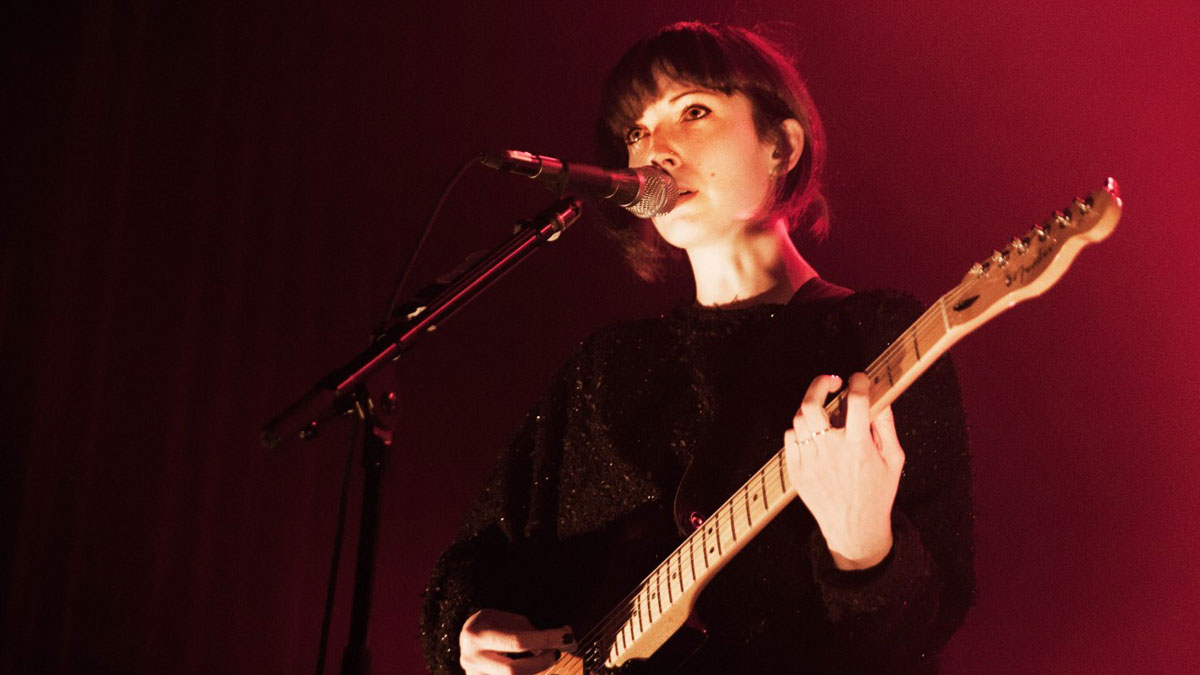
An urban dweller
So hot concrete, LA highways… How do the images on this album differ to the images that you associated with If You Leave?
“I think the difference is that If You Leave was more of a landscape. I became more involved in my mind, visually speaking, with this idea of big valleys and all that kind of thing, whereas this one is more urban. Even from just living in Dalston in London, as well, in summer it gets all kinds of weird! That’s just how I personally relate to it.
A song like Alone With You, I see that as a sort of lament of modern city life
“Even a song like Alone With You, I see that as a sort of lament of modern city life, but obviously in quite an intimate sort of way, but for Elena it’s her own story.”
Right, so that idea that we live in a closer proximity to each other than ever, but…
“But we’re still very lonely and very alienated, even, from our jobs and each other.”
You’re an atmospheric, effects-focussed player. Do you think you’ve been able to include more of yourself on this record?
“I don’t know. I try not to think about it as having ‘my thing’ come across, because I also produced the record and I have to be really mindful of that. But at the same time, because I’m producing the record, a lot more of my sensibility comes across, in a way. From a guitar point of view, I just tried to get the best sound I could, but it was very much about the sound needing to fit the mix, rather than needing to be mixed in.”
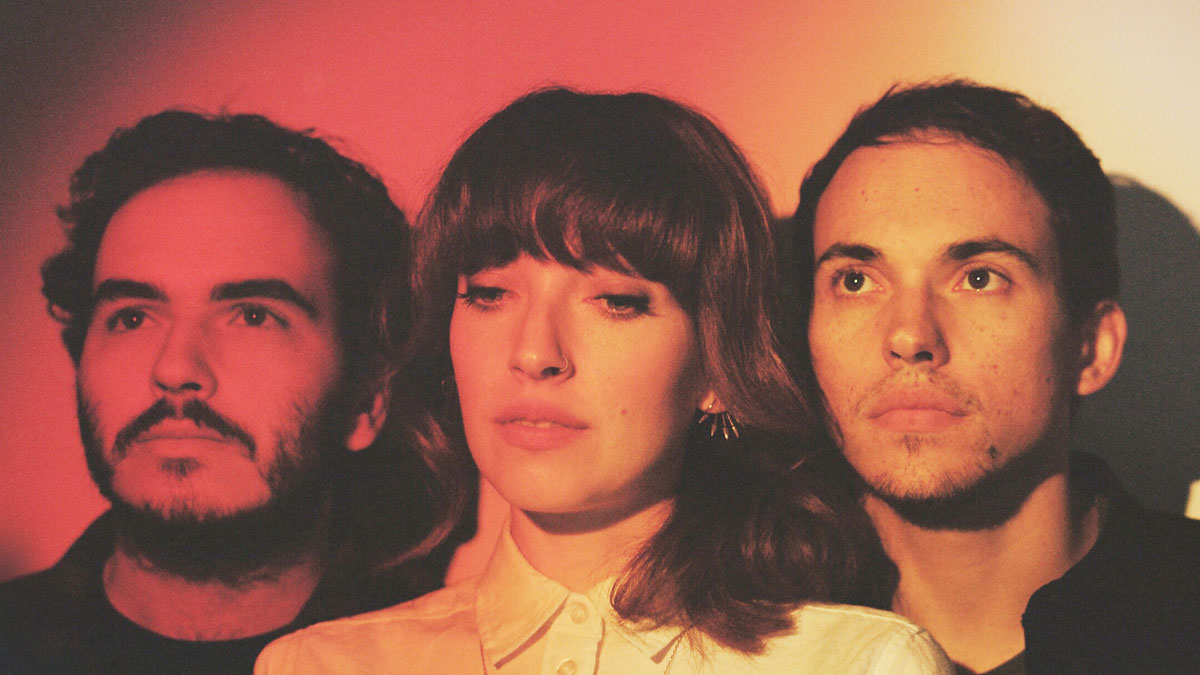
Beating the beats
You’ve also incorporated more samples and electronic beats on Not To Disappear. A lot of indie musicians do that very badly. How did you avoid that?
“It was definitely something that I was very mindful of. I love electronic music, but I do agree that a lot of the time when the genres blend together that it becomes quite tacky quite quickly.
I love electronic music, but I do agree that a lot of the time when the genres blend together that it becomes quite tacky quite quickly
“That’s where Nicolas Vernhes, who co-produced the record, was really good, because he has a lot more experience producing records and seeing certain things being used, so he was very helpful in avoiding some of the obvious pitfalls.”
Do you recall any particular advice that Nicolas Vernhes gave you to help you achieve that?
“I think one thing that he said a few times that I really related to was that just from the get-go, from the first two seconds of a song, people need to know it’s that song. You have that trademark to a song. That then raises the other point: that it needs to be a trademark, but not a charicature of yourself. We were very cautious to not fall into that trap on the sophomore album of feeling like it’s safe to just do the same thing you did the first time around.”
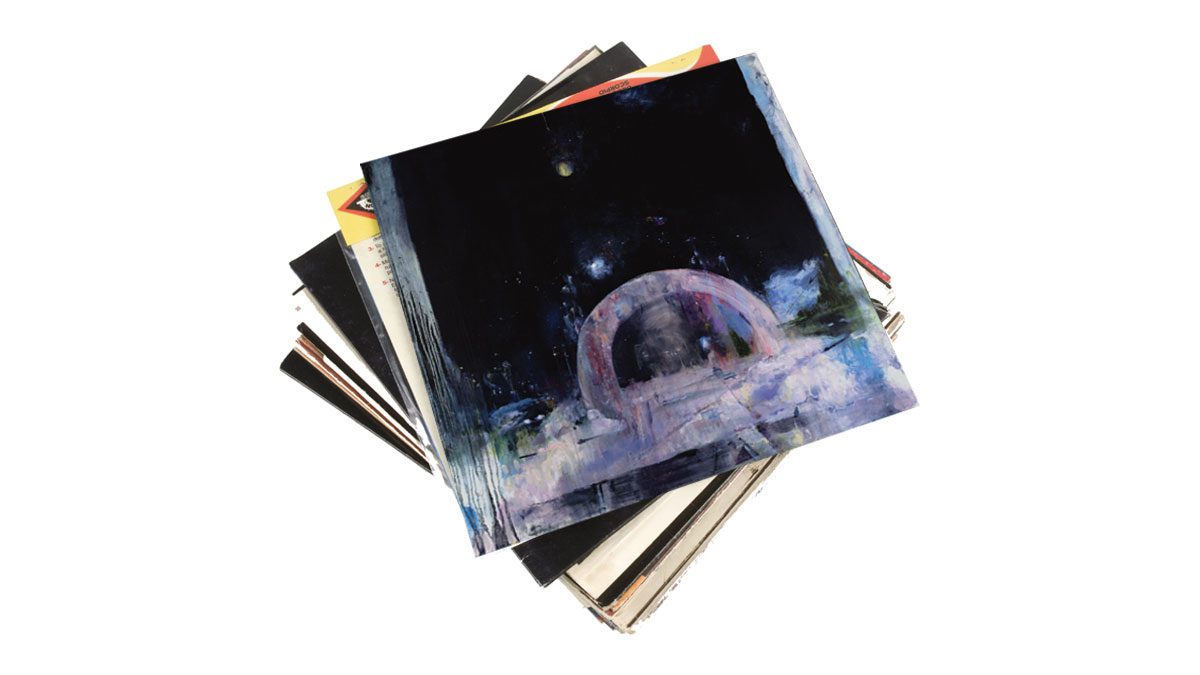
New ways
Album opener New Ways certainly sets out the Daughter MKII stall and will likely surprise existing fans. Was that an intentional move?
“Writing it, we just knew that would be the first song on the record – very, very quickly, before we had even written that many songs. It just felt like that.
There aren’t many choruses [on the album], but there are a lot of guitar themes that come back in a lot of songs
“It’s funny because, thinking about how it was written, it was exactly that - this thing that makes you go, ‘Woah!’ So that was the intention and as we honed the song and arrangement it just became bigger and bigger.
“There aren’t many choruses [on the album], but there are a lot of guitar themes that come back in a lot of songs. We weren’t thinking about that a lot as we were doing it, it just sort of happened that way and Elena wasn’t really into writing songs with a defined vocal chorus.”
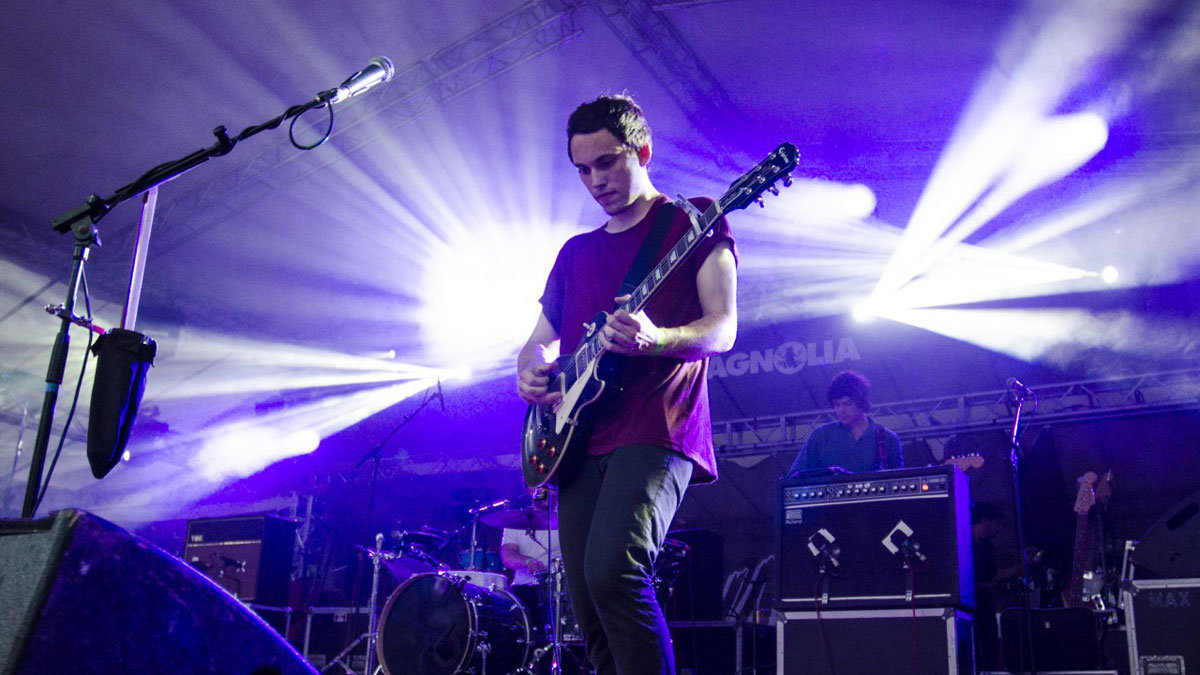
'Paul player
There’s a nice tonal palette at work. Were you using a lot of different guitar gear?
“There was a fair amount of choice, because I brought a few pedals and guitars that I use to New York [namely] my 2004 Les Paul Standard, a Fender Pawn Shop Mustang and there was also a Les Paul Special with P90s in it.
I brought the [Roland] JC-120 because I really like using the stereo loop and it has this sound that’s very clean
“In terms of amps, I brought the [Roland] JC-120 because I really like using the stereo loop and it has this sound that’s very clean. But we bypassed the preamp section and used a Chandler TG2 preamp/DI, because it’s quite a noisy, hissy preamp on the JC-120.
“I also used Supro amp a few times. Then it was a couple of old Ampeg amps, like a Gemini II and a Reverberocket, which are both amps that Nicolas swears by – and they did sound very warm and clean.”
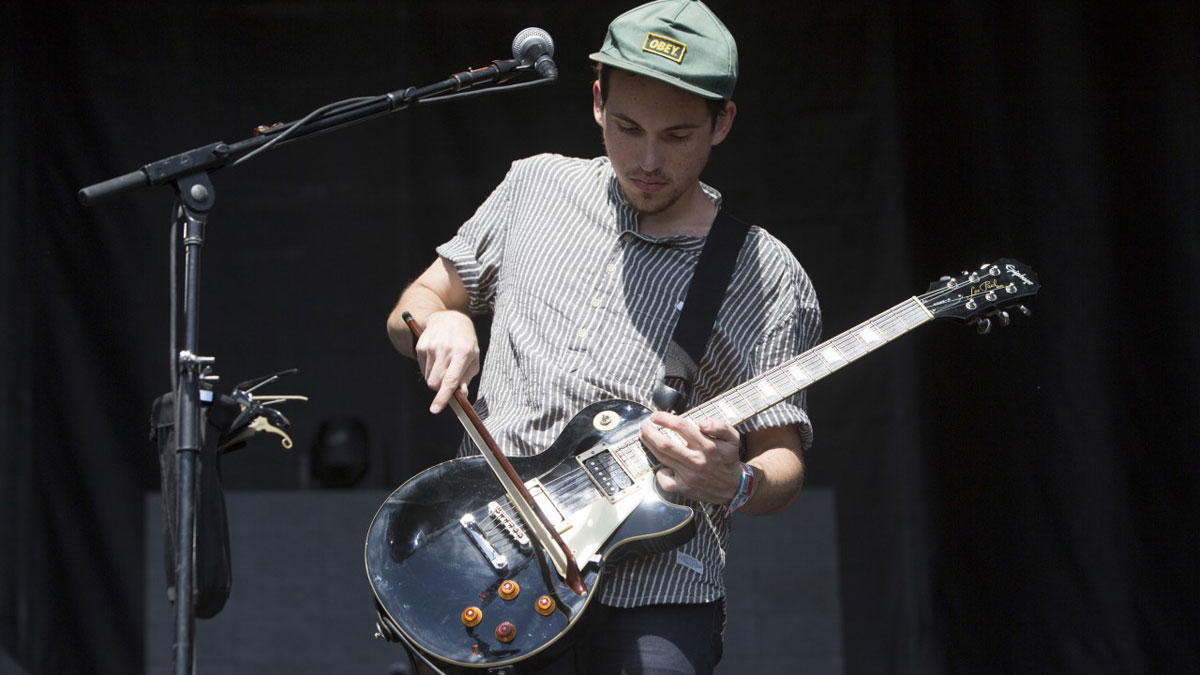
Through Space and Time
Were there any new or particularly useful discoveries for you in terms of recording knowledge or effects?
“During the live period of If You Leave, I really honed my setup, but I finally got to use the EHX HOG [on the solo-y section on To Belong]. Then I used the Eventide Space Reverb, which I love and is very, very functional live, because you can save all of the presets.
I used the Eventide Space Reverb, which I love and is very, very functional live, because you can save all of the presets
“Then the Strymon Timeline and the EHX Memory Man with Hazarai, which I don’t use for anything other than the reverse delay, but I use that a lot.
“I also had a few different distortions, including the Paul Cochrane Timmy Overdrive, which I got when I was in Nashville, then a Keeley-modded Boss Blues Driver II. I also had the Moog Ring Modulator, which was awesome for crazy noises and just to use the drive on it.”
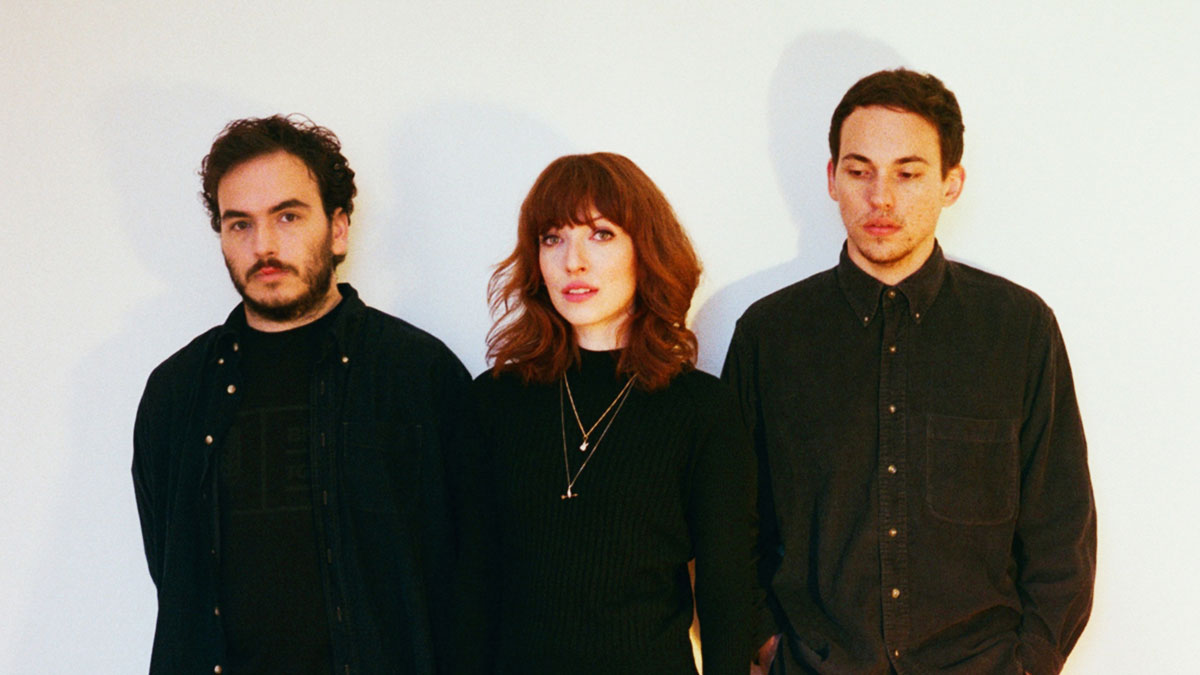
An unhealthy obsession
What was the hardest thing about making Not To Disappear?
“So many things! It was not an easy album to make, for many reasons. We all had different ideas about what the album should be, so the process of it was really tough and there was a lot of disagreement and argument. But that’s how we work – we all pull it in different directions and the result is that tension.
There was a lot of disagreement and argument. But that’s how we work – we all pull it in different directions
“It took a while, too. We spent a year and a half on 15/16 songs. I can do that, but I’m quite a perfectionist and I can easily spend time on the details, whereas Elena is much more ‘of the moment’ person who, if she could, would just release demos.
“There was a point, though, where maybe we could have stopped as a band, or kept going and self-destructed – or just stopped because it was becoming too bad for our health. But, ultimately, it took a turn for the better and we managed to get it done. Going to New York was really helpful in that sense as it was a fresh perspective and a change of scenery.”
This album will take you to some bigger stages. Do you feel ready for that now?
“I’m going to hold you to that! You’re asking me this in the middle of us trying to make sense of the songs live. That’s what I’m doing now – trying to figure out how to trigger six layers of synths without it being a backing track!
“We have this philosophy of it all being human, which does make things more difficult live, but I think making records should be free from that [thought process]. I’m definitely excited, but right now I’m thinking about getting it ready!”
Daughter's second album Not To Disappear is out 16 January on 4AD
Matt is a freelance journalist who has spent the last decade interviewing musicians for the likes of Total Guitar, Guitarist, Guitar World, MusicRadar, NME.com, DJ Mag and Electronic Sound. In 2020, he launched CreativeMoney.co.uk, which aims to share the ideas that make creative lifestyles more sustainable. He plays guitar, but should not be allowed near your delay pedals.
